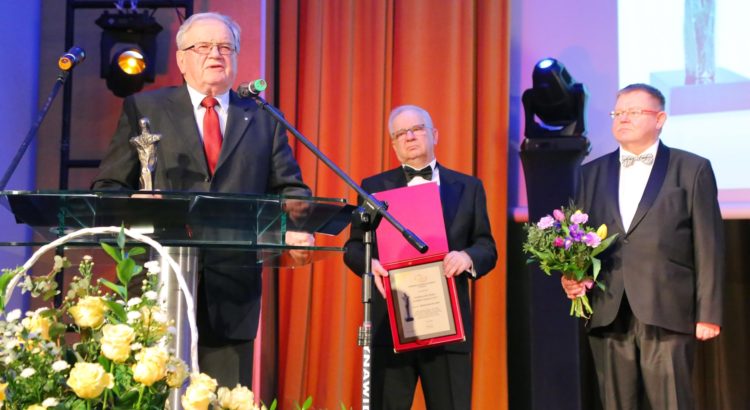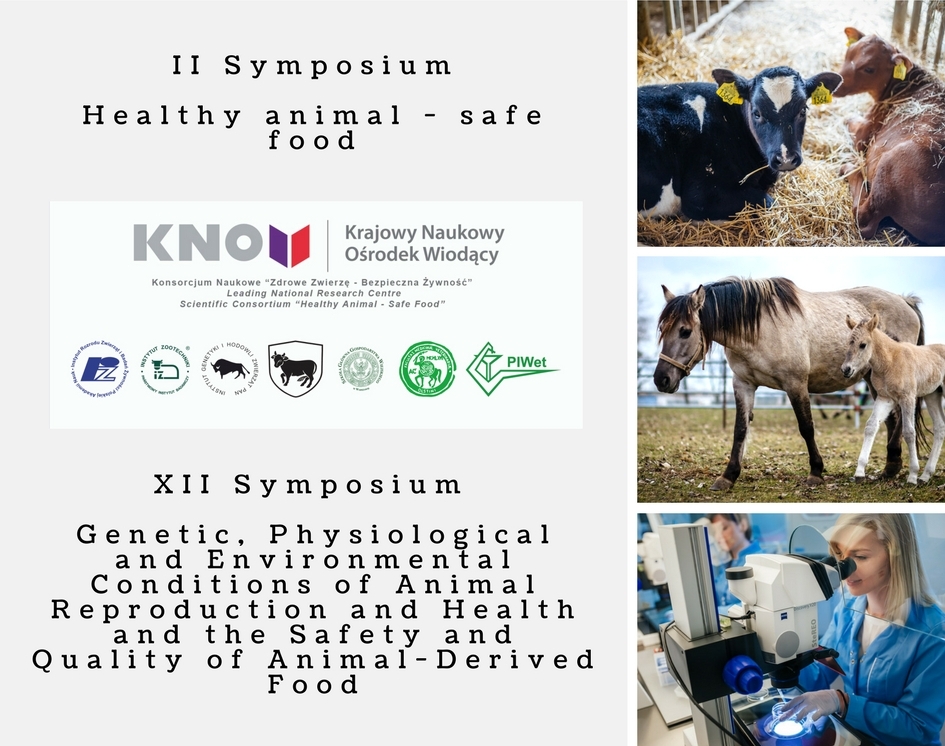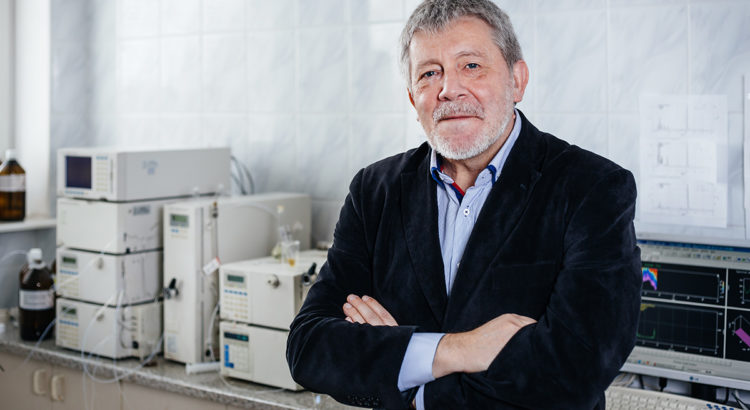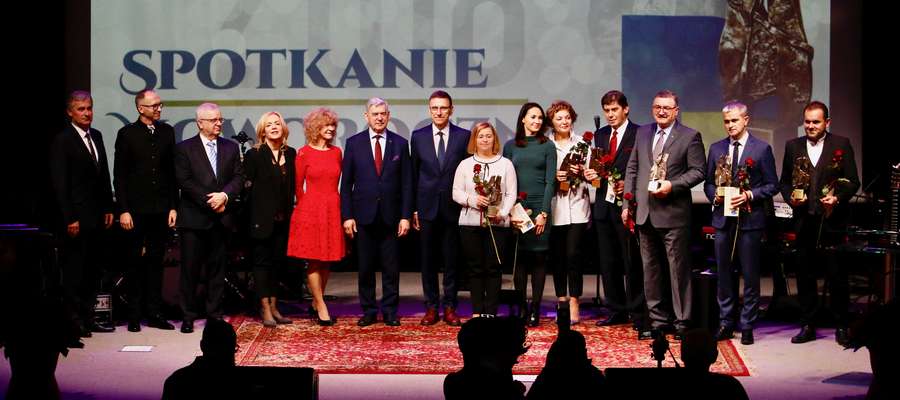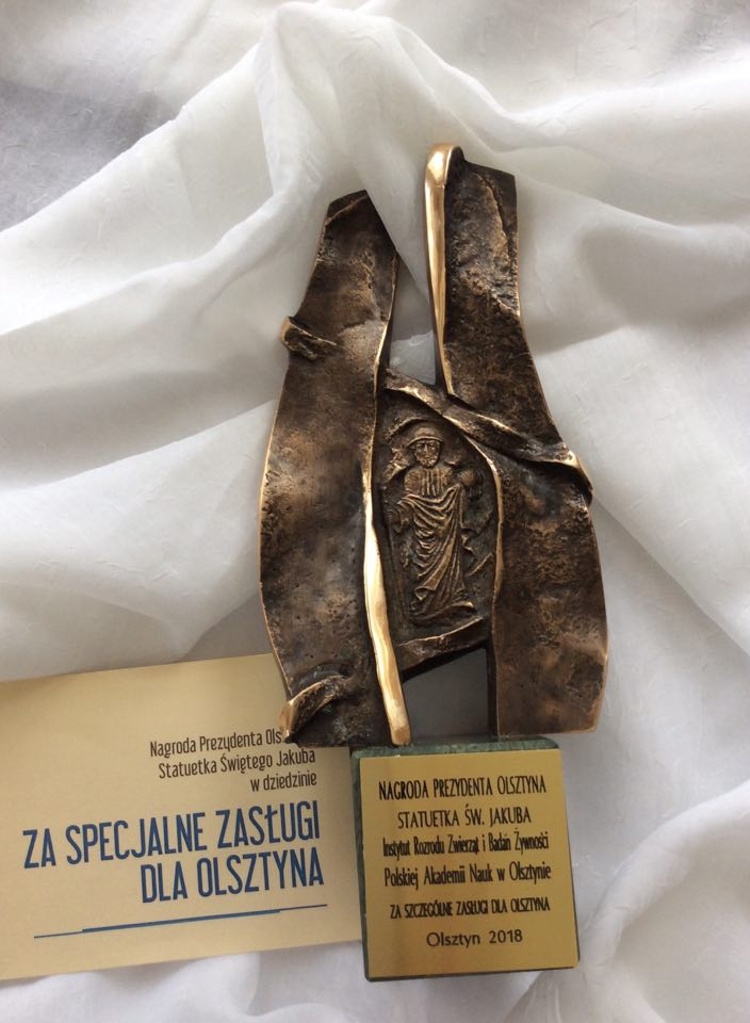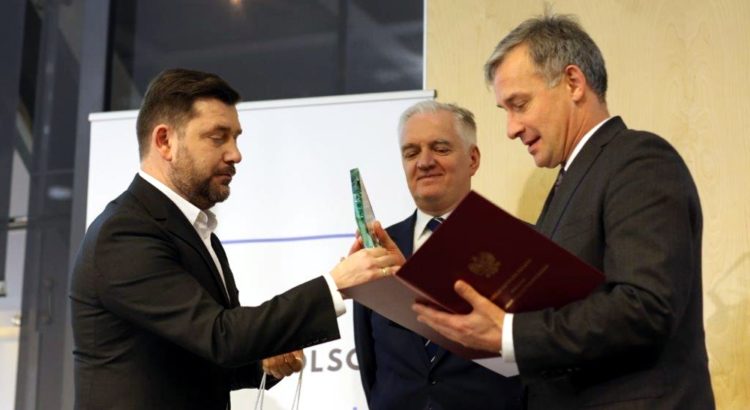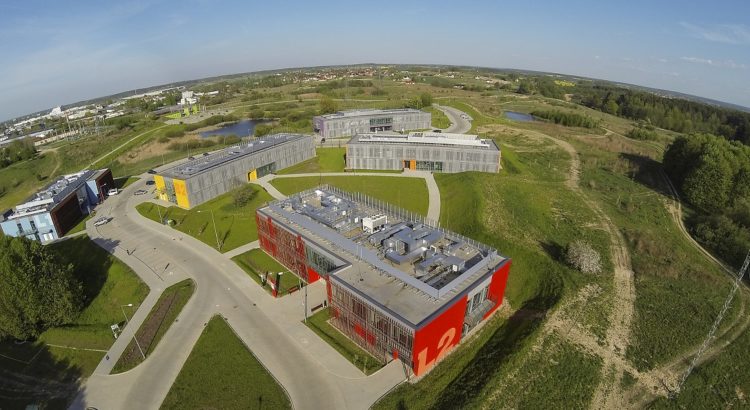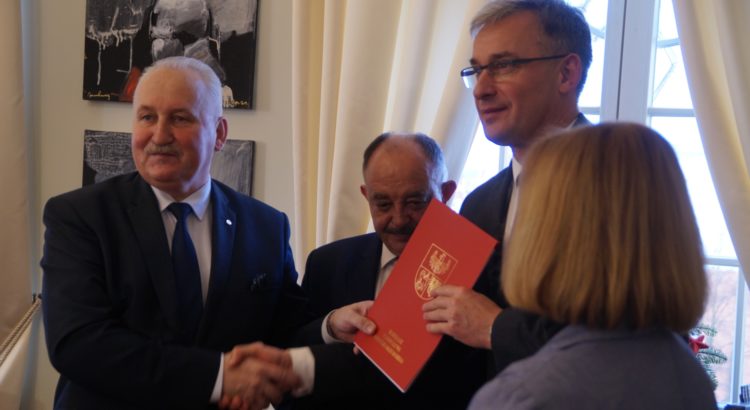Entrepreneurs from the Warmia and Mazury Business Club have honoured institutions and persons for outstanding merits for our region. The statue and title „Personality of Warmia and Mazury” in the category dedicated to science went to Prof. Adam J. Zięcik. It was the 25th ceremony in the history of „Personalities”.
The Chapter recognized Prof. Zięcik’s scientific achievements in the area of physiology and endocrinology of animal reproduction. He was also distinguished for his valuable efforts to establish in Olsztyn the Division of Polish Academy of Sciences in 2014, as well as all activities facilitating the promotion of the Warmia and Mazury region in Poland and worldwide.
The Laureates of remaining categories are:
- Culture: Youth Culture Club in Elbląg,
- Medicine: Dr. Paweł Grabala from Regional Specialized Children’s Hospital in Olsztyn,
- Humanitarian actions: Rotary Club Olsztyn.
The statue and honorary title „Personality of Warmia and Mazury” went to Jadwiga Emilewicz, the minister of entrepreneurship and technology.
